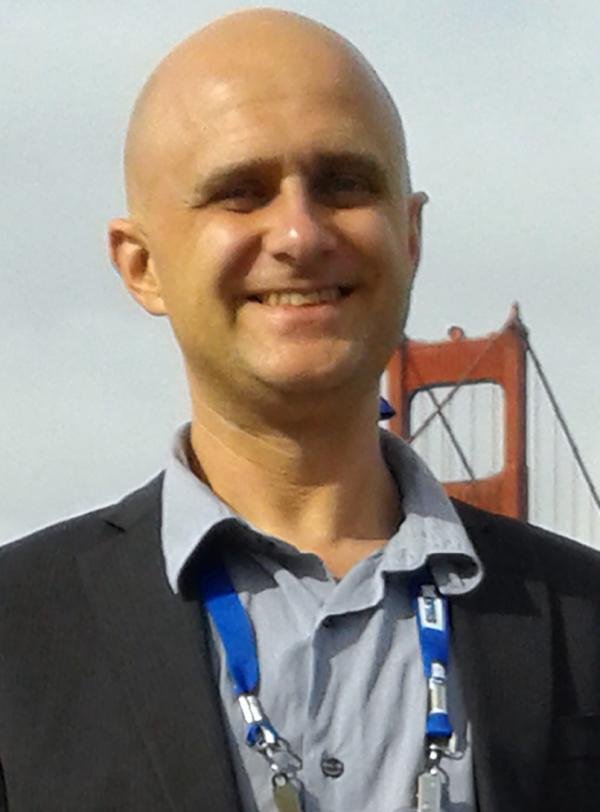ISyE Seminar Series: Kristopher Purens
"Tipping in Service Systems: The Role of a Social Norm"Presentation by Professor Laurens Debo Wednesday, March 6
|
|
About: We study the impact of tipping in a service facility on the server’s tipping wage, in the presence of an endogenously formed social norm. The problem is modeled as a two-stage tipping game: In the first stage, delay-sensitive customers arrive at an M/M/1 facility and decide whether to join or not, and if so, how much to tip. In the second stage customers who joined meet in a social market, compare their tip amounts, and are penalized on tipping differently from one another. All customers are homogeneous in terms of their valuation of the service and waiting cost rate. Yet, some customers visit the facility repeatedly and can therefore obtain a shorter waiting time by tipping more. Other customers visit only once and hence, cannot influence their waiting time via their tip. We find that in the presence of a social norm, the server cannot extract the optimal social welfare through tipping, because of rents that the repeat customers can accrue and the variability in tips, introduced by repeat customers, which causes the social costs to be strictly positive. Nevertheless, in some limiting cases, the tipping wage approaches the optimal welfare when the social norm is weak and there are many repeat customers such that no one-time customers join; or when the social norm is strong and there are few repeat customers who join.
|
|
Bio: Laurens Debo is an Associate Professor of Operations Management at Tuck and the Harvey H. Bundy III T'68 Faculty Fellow. Previously, he was on the faculty of the Tepper School of Business of Carnegie Mellon University and the Booth School of Business at the University of Chicago. Professor Debo’s research focuses on the behavior of consumers and providers in different service settings. On the consumer side, he investigates how strategic consumer behavior shapes the demand for services. On the supply side, he studies the management of “discretionary services,” whose value to the consumer increases with the actual service time. His research has appeared in Manufacturing & Service Operations Management, Management Science, Operations Research and Production and Operations Management, among other journals. A part of his research has been funded by the NSF. He is an associate editor for Management Science, Manufacturing & Services Operations Management and Operations Research, a senior editor for Production and Operations Management, and serves on the editorial board of Service Science. |
